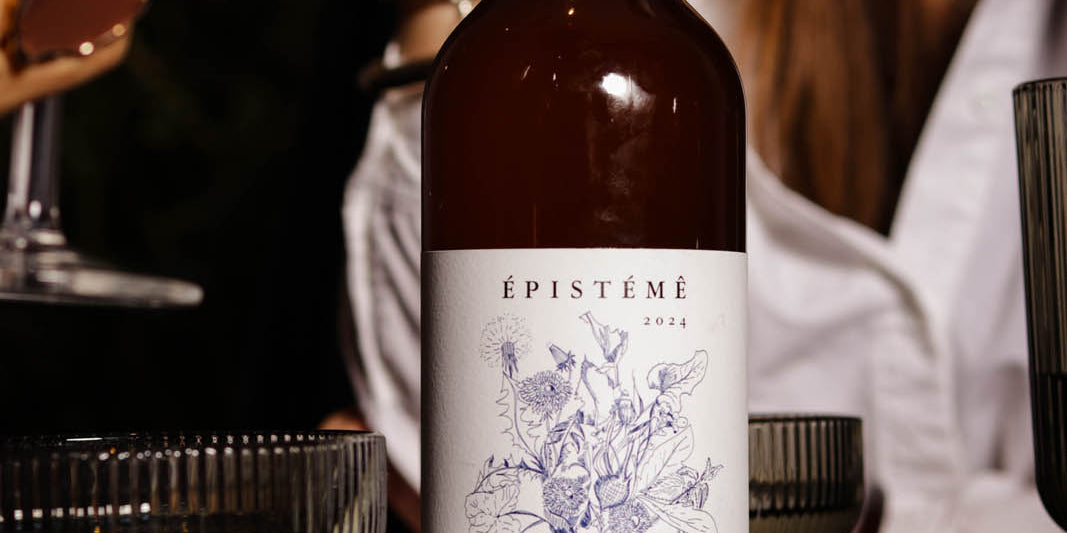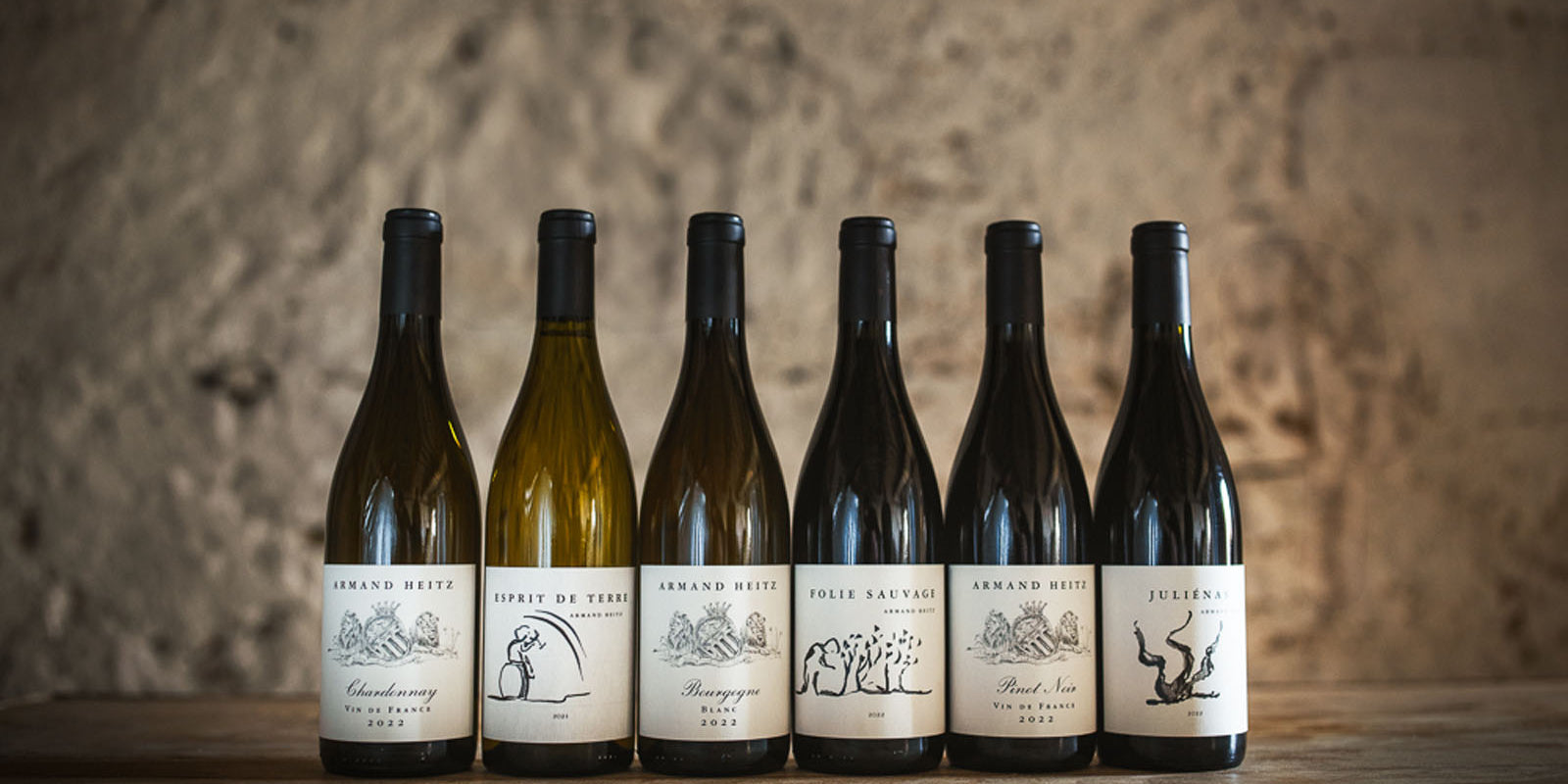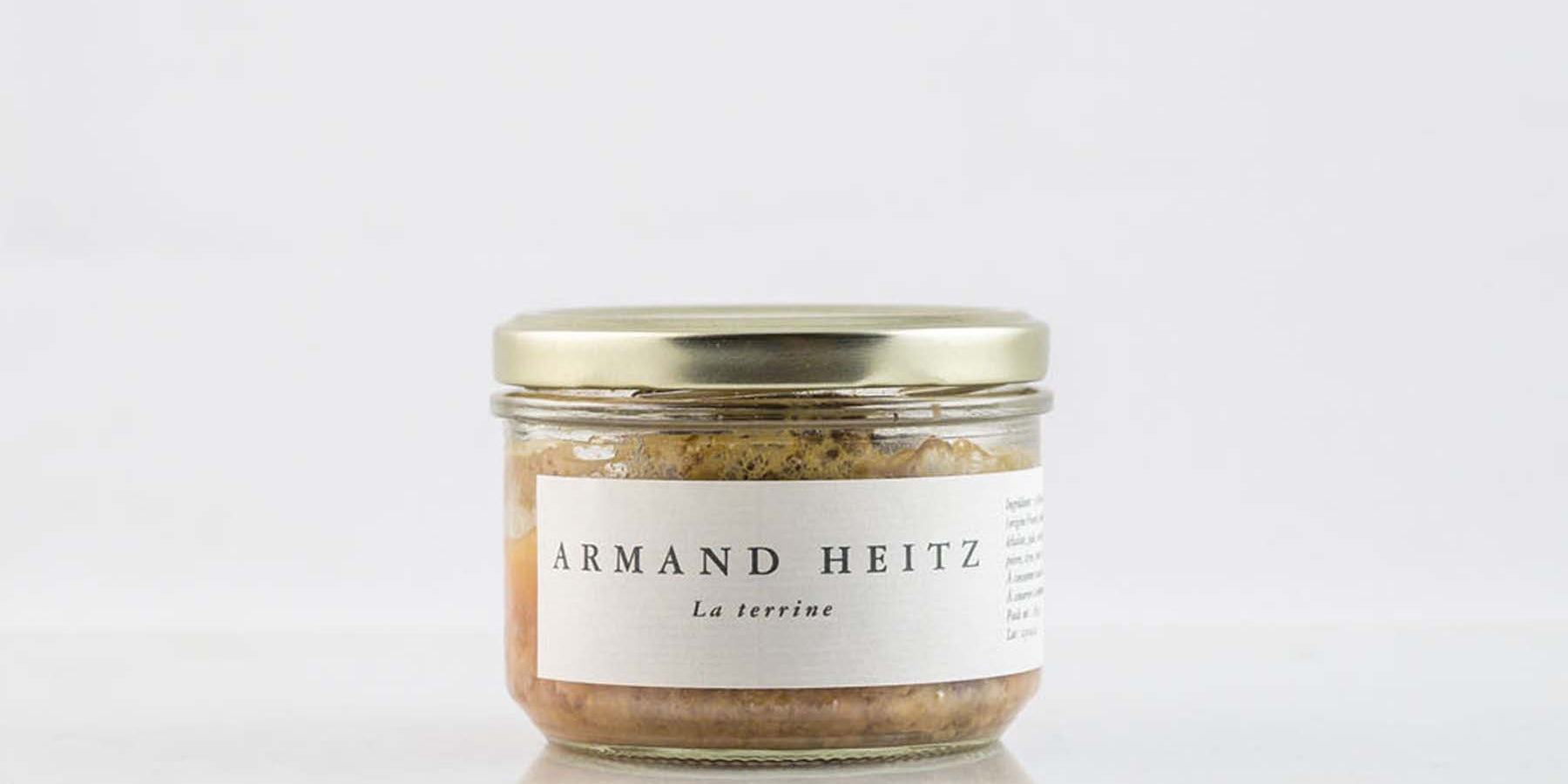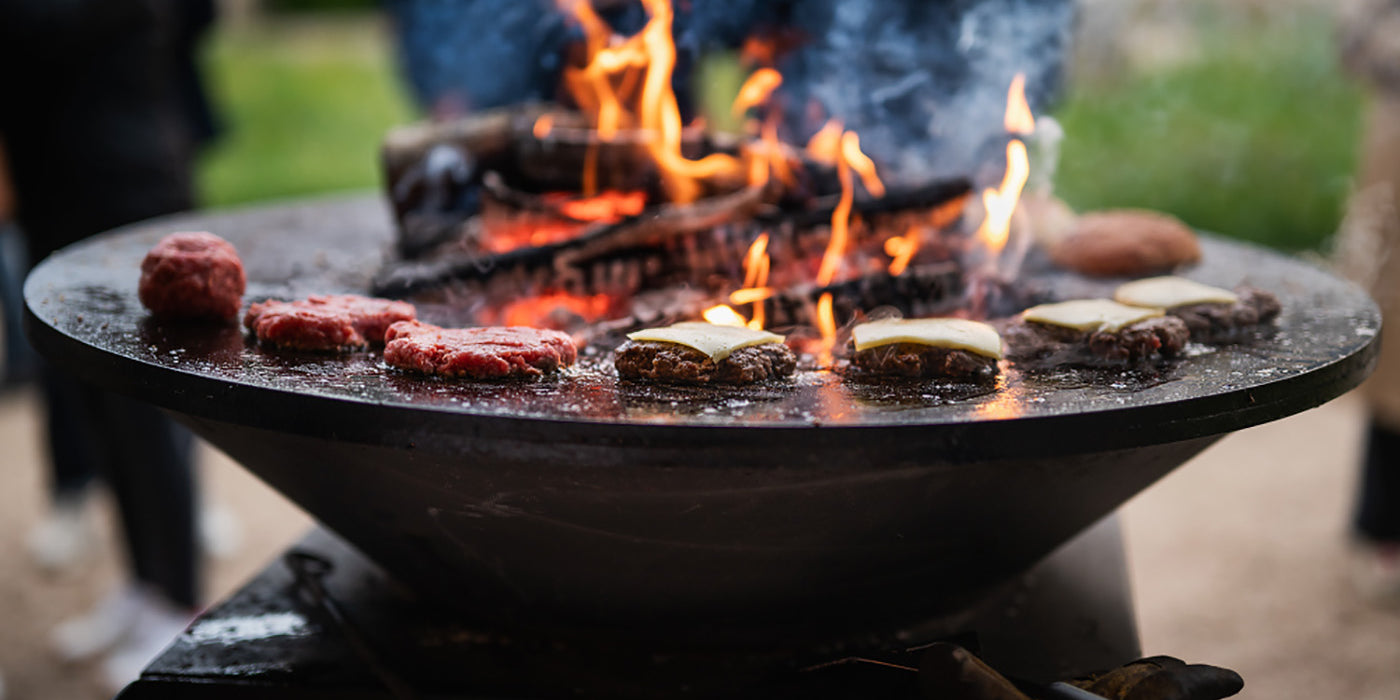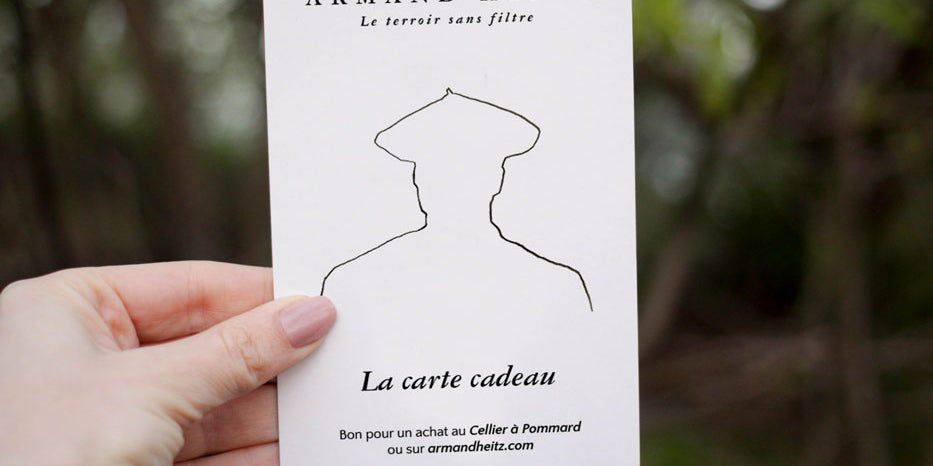After the vines and Loaris, our permaculture garden, we want to go further in our polyculture and circularity approach. Our terroir is not limited only to the vines, we choose to complete our offer of wines and vegetables with meat. Our breeding is made up of Charolais and Salers cattle. Meeting with Armand on the subject.
"It all starts with agronomy"
After wine and vegetables, you started farming and meat production. Why?
In biodynamics, we talk a lot about the benefits of cows. For decades, to gain productivity, we have destroyed the diversity of our landscapes. To try to compensate for this, we have to spray our vines with a biodynamic preparation, horn dung 500, which is none other than cow dung reinforced by telluric forces. Instead of these unnatural gimmicks, we'd better focus on getting to the root of the problem. It is really of paramount importance to reintegrate the animal into the heart of a farm in order to obtain a virtuous circle. It consumes grass or harmful insects and restores a maximum of microbiology to the soil with its droppings, it recycles our waste, it contributes to natural selection. Each polyculture farm has animals, and this is clearly the evolution we want for the estate.
What is the main contribution of this diversification?
In permaculture, we always talk about crop associations. For example, tomato and basil, once associated, become practically autonomous. It is this diversification that must be recreated within our landscapes. A land consolidation policy was introduced after the war to industrialize and mechanize agriculture. We must get out of this conception of monoculture, whether for the vine or others. This is what kills diversity and is the heart of our current problem. My dream is to be able to reintroduce animals, trees, aromatic and others, within our plots.

Is this currently possible?
The Burgundy vineyard, because of its great fragmentation, unfortunately does not lend itself very well. But we started to develop that and we will continue. We have enough agronomic knowledge today to know that only a diversified ecosystem can claim to be balanced. Pasteur said that the pest is clearly not the problem, only its environment counts. We have a good example right now with covid... Man claims to be even stronger than Nature by wishing to control his evolution through chemistry or technology, and I think we are making a serious mistake. The origin of this approach is primarily agronomic? It all starts with agronomy. I started by working for 7 years in biodynamics. I did not obtain the expected results on the improvement of the cultures, on the philosophy, on the relationship with the team of the field and even on the commercial speech to present to the customers. I did not manage to find the natural balances that I wanted with this production system. I bought fertilizer, treatment products, all that to chase after a label that clearly did not make me dream. My agronomic and bibliographical research led me to permaculture in particular, and everything made sense again at that time. You talk about the purchase of fertilizers, treatment products, in the current agricultural system, there is a great dependence on this kind of external resources.How to get rid of it? Today, the seeds of crops are produced by private or public organizations that earn money by selling us certain species. They have selected them to respond to a global market, with the aim of producing the more possible, at lower cost. These cloned seeds are very fragile, require the use of machinery and chemistry. Due to their composition and the poor condition of our soils, they require fertilizers and treatments. No problem, seeds, fertilizers and treatments are sold by the same people! This vicious system is quite incredible. How is Bayer still allowed to advertise in 2021? I'm not José Bové but there are days when I wonder if I should let my mustache grow. And after having made you grow shit, they are still the ones who will drive the price of your harvest to the lowest level in order to be able to compete with countries like Brazil, which cultivates even dirtier than in France. Nature has far more solutions to offer us than these unscrupulous financiers. We no longer want to depend on these industrial groups who will then try to offer themselves a good conscience with marketing and labels. Can you free yourself from Bayer and others? We have succeeded in Loaris, thanks to our landscaping, in completely freeing ourselves from chemical constraints. For our seeds, we have an open catalog, which is Nature. On the other hand, for the grape varieties available in viticulture, and the varieties in breeding, it is impossible. In Burgundy, we cannot plant resistant grape varieties, for example because of the AOC. But I voluntarily downgraded a plot to be able to plant a resistant grape variety next year. In the Beaujolais, it is more open, and we have already started with plantations of Vidoc and Artaban. Our project is to strive for autonomy. Limit inputs as much as possible! This is the watchword, whether in viticulture, in Loaris, our permaculture garden, and on the farm. And this is already almost the case for meat. The pastures, the fields, produce all the food for the cows, including water. We are working on the carbon footprint but there will not be much to do at this level. We will be able to feed part of the population with an almost neutral environmental impact! We are far from McDonald's or Carrefour... Can producing meat improve the way you make wine? What is interesting in my opinion is that we encounter the same problems in breeding and viticulture. There was, at some point, a halt in the evolution of the species and genetics decreed by private or public bodies. For the vine, in 1960, the AOC decided to focus on Chardonnay for example, to clone it, and stop the natural evolution. The production of varieties and clones is controlled by the IFV, which takes royalties from each vine plant sold. It is a public body, mired in the administration you can imagine, so nothing happens. The vines are tired, not resistant to diseases, whereas if we had left Nature to evolve, that would certainly not be the case. The observation is the same in breeding, with the different breeds: Charolais, Salers, etc. There are at least 6 pests against which animals must be vaccinated. For me, a good meat, a good wine, is above all a plant or an animal that has not needed chemistry, treatments, vaccines. A good product is a product that has been grown sustainably.Today, in view of these issues, we cannot really speak of a good product and a sustainable product Wine, vegetables, fruit, meat. There is enough to make a complete meal! You will end up competing with Carrefour. To be healthy, you have to eat healthy! This is our fight in the field. Unfortunately, we have acquired bad habits. But these habits are killing us! Obesity, plastic microparticles, food asepsis, energy poverty of the foods we eat, cancer... There is a time when we are going to wake up, right? First of all, there are a lot of products that we think are essential that we can easily do without. In addition to being economical, we would be much better off health-wise. You also have to focus on the essentials. It is clearly a choice of society and way of life. Would you rather take 20 minutes to make homemade pasta with flour from the local miller, while discussing your day with your wife and children? Or eat your Panzani made with shitty flour that you will try to digest while looking at the redone breasts of a candidate from Ch’tis in Ibiza? The question is quickly answered but if you have any doubts, we'll talk about it again when you've caught your first cancer or when you've finished your PEL to buy yourself a TV even bigger than your wall. Meat is a hot topic these days. Animal trafficking, various scandals, vegans attacking butcher shops. What do you think of all this? When you see industrial slaughterhouses, animals that never see the light of day, malnourished, that roam the whole of Europe, it is not surprising to see extremes that come out, that people say stop . There are a million male cattle that are exported to Italy because they have better sources of supply for fattening, to then be resold in minced meat Charal, McDonald's and others. Let's go back to natural values: a meadow, a cow that will eat healthily, to be eaten healthily. I understand that there are people who do not want to eat animals but we are omnivores. I also come back to agronomy and what I said at the beginning, a pasture without animals is a pasture that is doomed to disappear. I say no to industrial breeding but yes to reasoned breeding. I would love to be able to trade with vegans. What do you think you can bring to meat production? Autonomy, respect for the animal through its diet, management of pasture farming, transparency, short circuits, showing consumers the true quality of high meat. When you see Carrefour's latest promotion, a rib of beef at €9.50 per kilo, it's unhealthy destocking! The consumer does not understand anything about quality because there is no transparency about it, he only refers to the story, to the legend behind it. Agri-food manufacturers feed on consumer fear and ignorance to sell them new organic, gluten-free crap, etc. Again, it's a totally vicious circle. We want to produce in a virtuous circle by explaining and showing what we do. Let's reconnect with nature! Interview by Fabrice Pastre Photographs: @jibpeter 
"To be healthy, you have to eat healthy"



